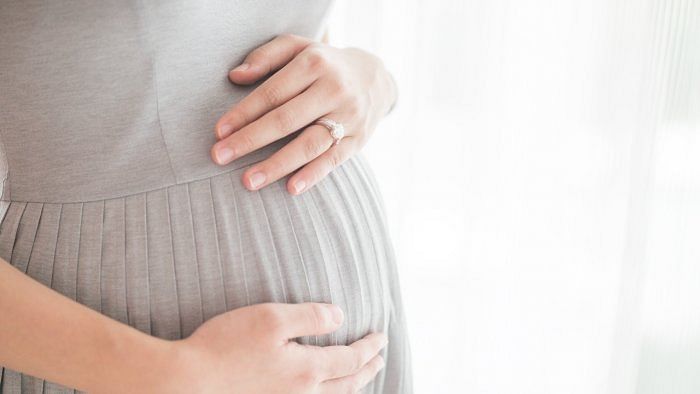
In a positive development, teenage pregnancy is seeing a decline in Karnataka, according to the National Family Health Survey (NFHS)-5 report released in May this year.
According to the report, 5.4% of young women in Karnataka, in the 15-19 age group, were already mothers or were pregnant at the time of the survey.
Though it has come down from 7.8% recorded during NFHS-4, experts say the numbers need to go down further.
“In most cases, it is a forced pregnancy or mistaken pregnancy. To avoid such cases, increased awareness will be helpful. Physically, these girls are not ready for pregnancy. Hence, usually, the delivery will be complicated as their pelvic joints and hip bone are not flexible enough,” Dr Hemavathi Srinivasan, a practising gynaecologist in foetal medicine, told DH.
Apart from physical changes, the mental health of these girls needs to be addressed, said Dr Sugami Ramesh, a clinical psychologist.
“Emotionally, they will not be ready to bear the responsibility of a child and this will, in turn, hamper the growth of the child. Hence, there is a need to provide counselling on direct consequences,” Sugami said.
Infant mortality rate
At 15.8%, Karnataka’s neonatal mortality rate is also concerning, experts said.
“Better health infrastructure helps prevent neonatal deaths, especially in rural areas. Also, early detection of abnormalities will help shift the child to a better facility, preventing such deaths,” Dr Hemavathi said.
Dr B R Chandrika, deputy director for family welfare, said the department was working closely with the women and children welfare department to bring down teenage pregnancy rate.
“We are also creating awareness through various mediums and educating the adolescents on the risks,” she said.
Chandrika said less spacing between kids was the major cause of neonatal deaths.
“Our Accredited Social Health Activist (ASHA) workers are counselling families to ensure they follow at least a three-year gap between kids,” she said.